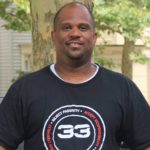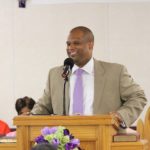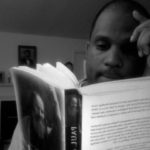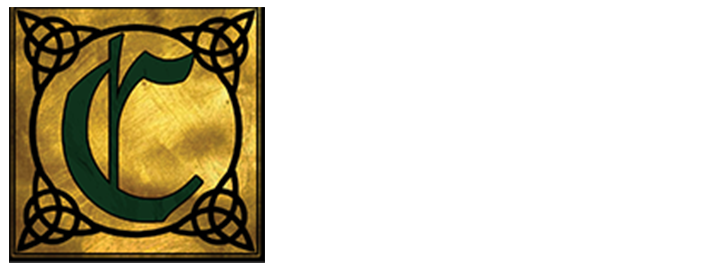What should matter most?
 “What happened to the gospel?”
“What happened to the gospel?”
This was his first question for me after the election.
My brother Brian called on Saturday. We spoke of many things but primary to our conversation was what we together referred to as “cultural Christianity.” Brian and I mean by this phrase that we are concerned believers have placed cultural belief ahead of Christian belief. What do Brian and I mean?
We focus on political, ethnic, and gender differences over Jesus’ prayer for “oneness” (John 17.11, 21, 22).
We are concerned for institutions, parties, and movements more than Jesus.
We quote the words of personages, celebrities, and politicians more than The Word .
We align ourselves with tribes, factions, and voting blocs more than with The Church.
 Brian asked, “How can we call ourselves ‘Christians’ when we do not act like Christ?”
Brian asked, “How can we call ourselves ‘Christians’ when we do not act like Christ?”
I second that rhetorical question.
What are we teaching our children when we make fun of people?
What are we teaching the next generation when we can’t get along with each other?
What are we teaching the culture about charity when we ourselves are uncharitable?
What are we teaching our churches when blaming others matters more than supporting our brothers?
What are we teaching our enemies when rancor and anger replace generosity and grace?
 Brian said, “It seems we define ourselves with labels rather than love.”
Brian said, “It seems we define ourselves with labels rather than love.”
I could not agree more.
Our talk has been fragmenting, splintering, fracturing. We have injured each other with our words instead of binding up the wounds of the brokenhearted. We have perjured our testimony of love with the vile and bile of hate. We have merged our thinking with cultural icons instead of speaking in the name of Jesus.
Our rhetoric is reminiscent more of bar-talk than Church-talk.
How have we arrived at this place?
The more important question is “How should we leave this place?”
Cross the street, to visit, connect, and care. Do good, do good, do good in the community. Be sure of research and resources before speaking and acting. Celebrate differences that make communities whole. Hear what people are saying and what they are not saying. When we meet others who disagree, learn the backgrounds and backstories of their thinking.
We should listen to viewpoints other than our own.
We should speak up for those who have no voice.
We should stand up with those who have nowhere to stand.
We should raise our prophetic voice for life, for liberty, for love.
We should construct our words with clarity, care, and compassion.
 I have talked with so many students, groups, and Christian leaders who have asked “What should we do now? How should we live in a polarized nation? To whom should we listen?” My response is always, always the same, “Love your neighbor, love the stranger, as you love yourself” (Leviticus 19.18, 34).
I have talked with so many students, groups, and Christian leaders who have asked “What should we do now? How should we live in a polarized nation? To whom should we listen?” My response is always, always the same, “Love your neighbor, love the stranger, as you love yourself” (Leviticus 19.18, 34).
Culture should not drive Christianity, Christianity should serve the culture.
Brian Green is pastor of Emmanuel City Church, Laurel, Maryland. Mark Eckel is president of The Comenius Institute. Brian and Mark have been learning from each other since they met in 2011.



